Taking place for the first time in Doha, Qatar, after a three-year Gulf crisis and the Covid-19 pandemic, the Gulf Cooperation Council (GCC) summit is a test of regional cohesion.
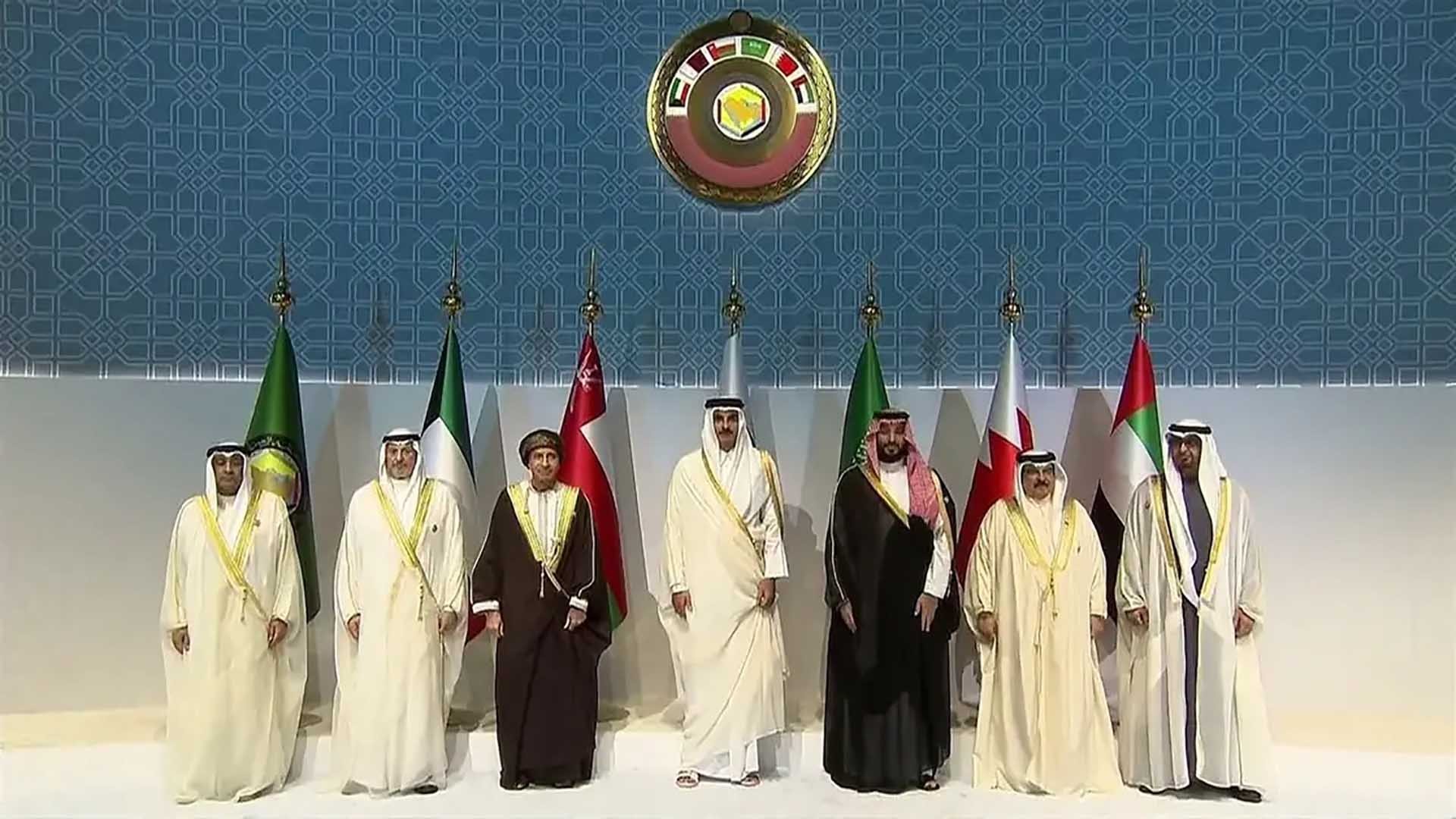 |
| GCC leaders at the 44th summit in Qatar. (Source: alarabiya) |
Following recent upheavals, the GCC needs a new agenda to reaffirm regional stability and move towards more substantive and cohesive cooperation. This depends on a range of issues that the conference must address.
First, measures are needed to promote economic integration, aiming for regional economic unification by 2025. In this direction, the GCC will have to accelerate the process of establishing a Gulf Customs Union before the end of 2024, based on a unified customs legal system, unified tariff levels, and unified finance and administration in the import and export sector.
Next came the implementation of a series of projects, including the Gulf Rail Link project, which was approved in 2003. In its initial phase, the project will connect the United Arab Emirates (UAE), Saudi Arabia, and Omar, then extend to Qatar, Bahrain, and Kuwait, creating a regional infrastructure link.
The tourism visa strategy for the period from 2023 to 2030 is also a major goal for the region. With the implementation of a single tourist visa that allows visits to all six member countries, the GCC hopes to increase the number of tourists by approximately 7% per year, compared to 38.8 million visitors in 2022.
Ultimately, the challenge lies in reaching a common agreement on relations with Israel amidst the ongoing conflict in the Gaza Strip and the humanitarian crisis facing the Palestinians. Over the past few years, the GCC has been divided internally over the normalization of relations between individual countries and Israel.
Therefore, reiterating the two-state solution to the Israeli-Palestinian conflict, as outlined in the 2002 Arab Peace Initiative, at this conference will be a test of unity within the GCC.
Source












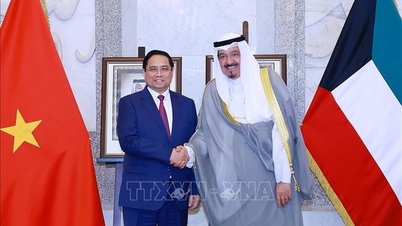


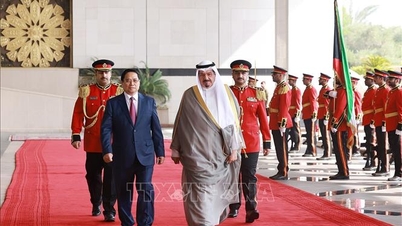
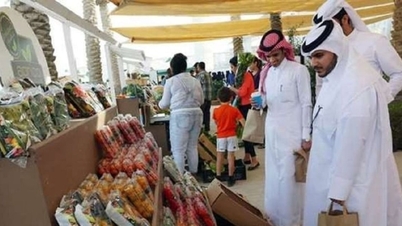











































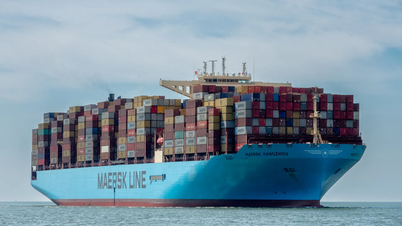















































Comment (0)